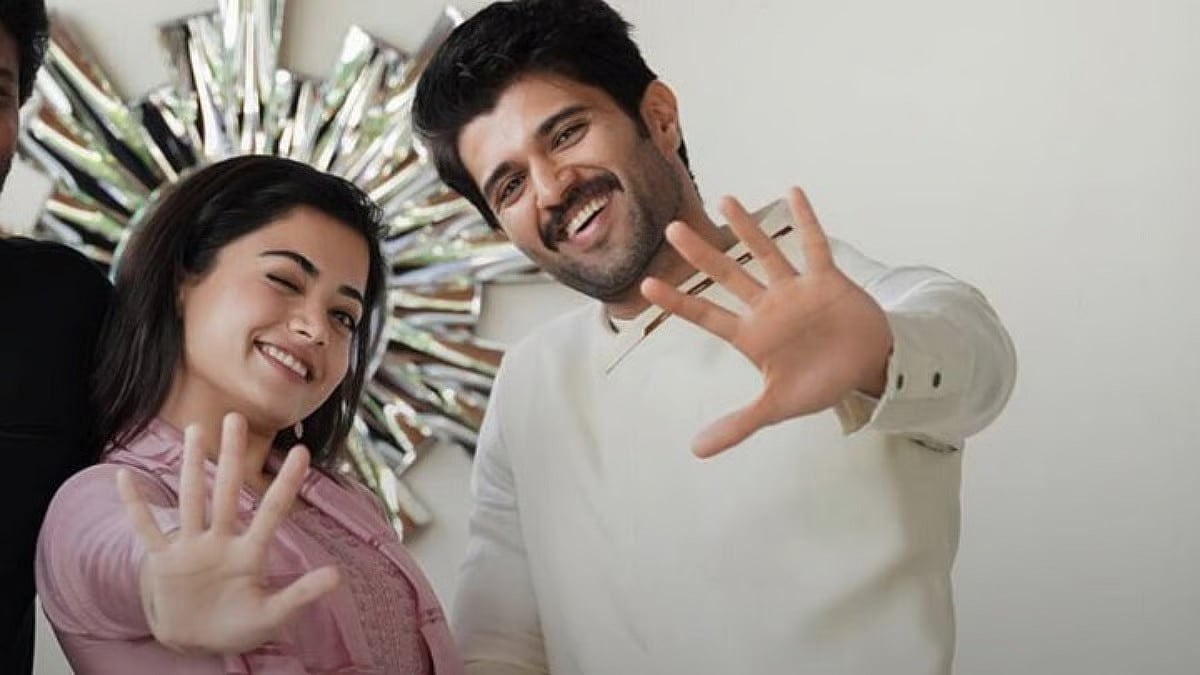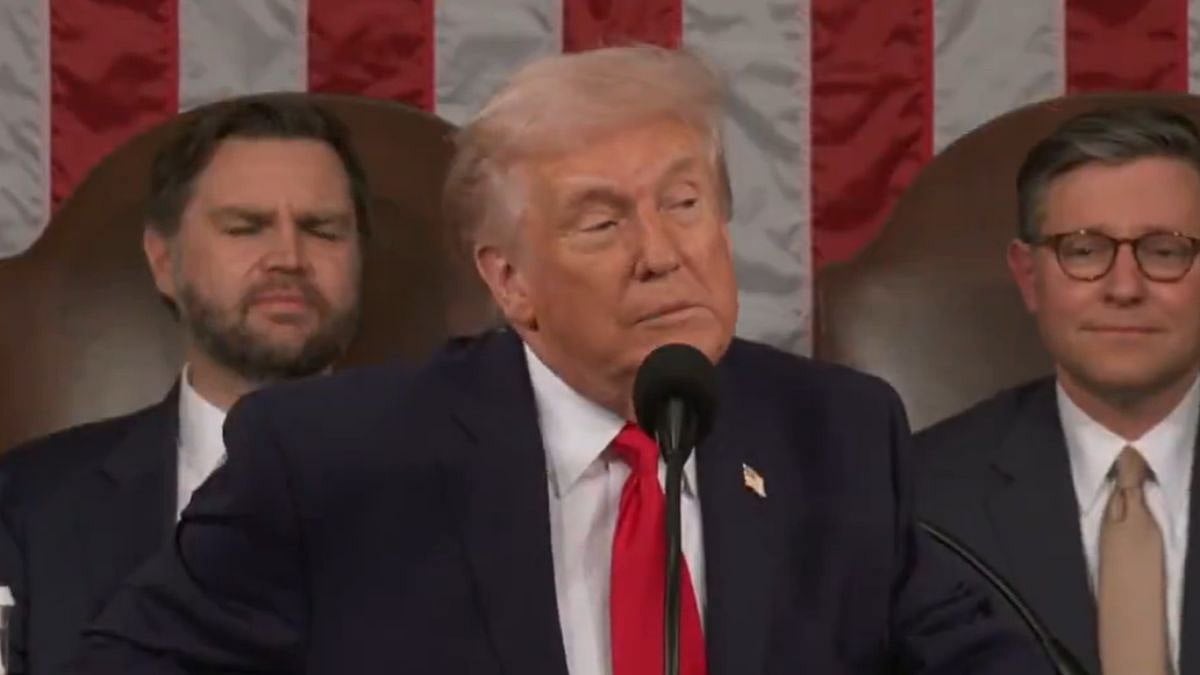Beauty filters and social media have co-existed for a while now. While we've all seen filters that alter the very structure of your face and often lead to the person on the other side of the screen feeling inadequate and jealous of the ‘perfect’ image, beauty filters do have a different side to them. Gen Z understands that they can promote a toxic standard of beauty, but they still love ’em, and there’s a reason why.
Perfect for #SelfExpression
Aliza Fatma, journalist, for one, feels that filters give her the space to exist in a way that's entirely her own. “I’ve suffered from acne vulgaris for as long as I can remember. Frankly, beauty filters help me aspire to my best skin. Having said that, I don't mean the ones that alter your skin with a perfectly contoured nose and highlighter that's brighter than the sun. Rather the basic ones that simply make your skin clearer. These filters enable me to see myself without and beyond my acne scars, giving me the confidence to say to myself that I'm beautiful without letting my acne scars define me,” she says.
Using filters as a way of self-expression is a thought echoed by many Gen Zers. For them, beauty is not so much about perfection as it is about freedom. So, if a filter makes their skin look good, they don't view it as a beauty standard to achieve rather as a means of putting their best foot forward.
“I like filters, and that’s that! I don’t aspire to look that way in reality,” shares Nikita D’silva, founder of Jostle Media, a social media agency. “For example, this one filter really makes my brown skin glow, and I quite love how it brings out my skin colour. Plus, for aesthetic photo dumps, some filters can just make your picture pop! There’s no complex reason behind it — it’s accessible, and I like it; therefore, I use it,” she adds.
For many others, filters are also a way to put themselves out there without worrying about judgment or negative comments. “I deal with a lot of anxiety, and adding a filter on my photos allows me to share my life with others without stressing about what people think. The cute stickers and filters are my way of self-expression. I don't use things that alter my images; rather just make everything look neat and in place. These filters also allow me to post without overthinking,” shares Nida Farooqi, a 21-year-old college student from Mumbai.
“Most of the time, people understand that an image has a filter. So it’s not as if you are lying to them when you use a filter. It’s simply a perception of how I’d like people to see me,” she adds.
Praghya Awasthi, a freelance content writer, feels that while filters do their bit in helping people express their true selves; their stigma has got to do with its popularity amongst women. Recent research by the University of London’s Gender and Sexualities Research Centre highlights that 90% of young women use filters on their photos or edit them in some form. “Be it a boy band, a TV series or a movie, if a trend has received attention from women and is liked by them, it is always looked down upon in patriarchy. The same goes with filters,” Awasthi says.
The toxic side
The effect of social media on the brain is much like an addiction. Positive reactions on a photo with filters can trigger the reward centre in the brain (hello dopamine), and people continue using them despite knowing that it can often be toxic. Zehraa Ahmed, a college student from Ahmedabad, feels that she likes it when beauty filters allow her to experiment with how she looks without adhering to stereotypical standards of beauty. “I like filters that give me a face piercing, or say pink hair, but I dislike those that restructure my jawline or whiten my face,” Ahmed says.
Her thought perfectly echoes the problem that most people have with beauty filters. “One of the most important issues is [knowing] whether you're looking at beauty filters as a means of enhancing whatever beauty you have, or whether you're looking at it in terms of the fact that you don't like what you have and you want to do something very major about it,” explains Dr Kersi Chavda, consultant psychiatrist at PD Hinduja Hospital MRC, Mumbai. “The latter is a condition called body dysmorphic disorder where you're convinced that your nose is too big or small or that your eyes are too small or that your ears are not proper. Beauty filters can add to these insecurities,” he adds.
A 2018 research highlights that people approach 55% of surgeons to improve their appearance for better selfies, triggered by the 'perfect' images they see on social media. It's safe to say that beauty filters are a double-edged sword. “You might be able to use beauty filters positively. But the general feeling is that we need to be very careful because this can easily go out of hand,” says Dr Kersi.
Use beauty filter positively
Add a #WithFilter hashtag to your photo or caption, letting people know that you've used a filter.
Report accounts, companies that use filters to promote a false sense of beauty.
Avoid using filters that alter your appearance.





